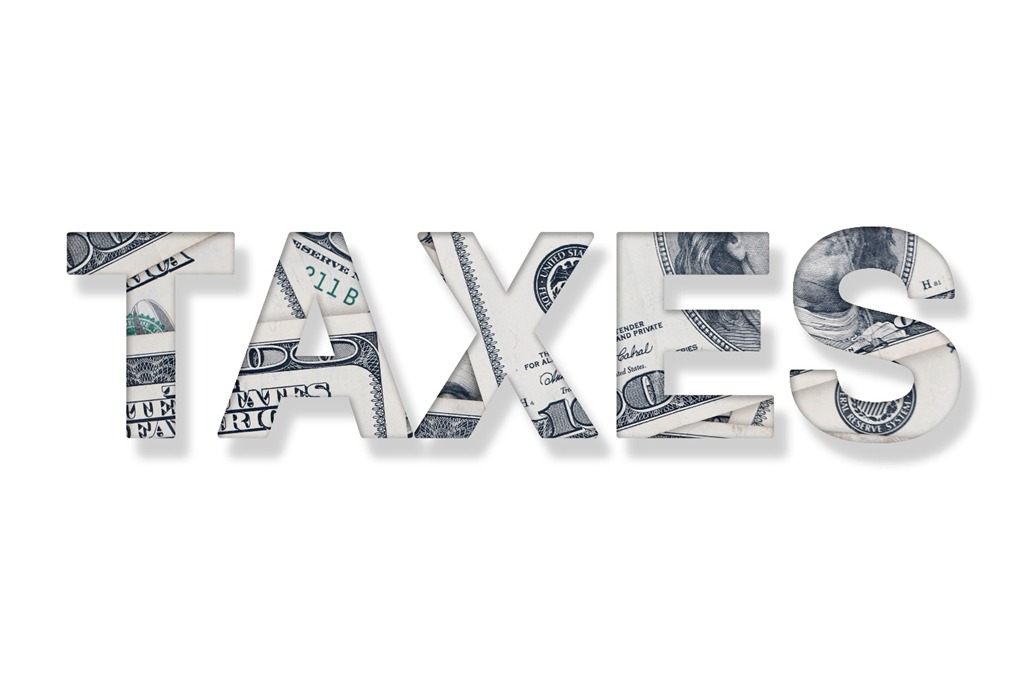
Understanding Puerto Rico’s Tax Status
Frequently Asked Questions (FAQs)
In an effort to clarify the complexities of Puerto Rico’s tax laws and regulations, especially those related to U.S citizens and residents, we’ve curated this comprehensive FAQ guide. This document seeks to bring clarity to technical terms and concepts while providing accurate, well-researched information. It targets taxpayers who do not have a firm grasp of tax laws and aims to make tax concepts relatable and easy to understand.
This FAQ guide uses the source IRM 21.8.1.6 (10-01-2019) to address important tax issues related to Puerto Rico.
1. What is Puerto Rico’s relationship with the United States?
Puerto Rico is a self-governing commonwealth that is associated with the United States. This relationship provides Puerto Rico with a degree of autonomy while maintaining a connection with the U.S.
2. How is Puerto Rican tax law different from U.S. tax law?
Although Puerto Rico’s tax system closely mirrors the U.S. tax system, there are certain differences. A key distinction is that bona fide residents of Puerto Rico are typically exempt from U.S. income tax on income generated from Puerto Rican sources.
3. I am a U.S. citizen earning income in Puerto Rico. Am I liable for Puerto Rican taxes?
Yes, U.S. citizens who earn income from Puerto Rican sources may need to pay Puerto Rican taxes. This is dependent on the source of the income, which plays a crucial role in determining tax liability. For instance, wages earned in Puerto Rico for services performed for private employers are considered Puerto Rican sourced income.
4. I am a U.S. citizen working in Puerto Rico for the U.S. government. How does this affect my tax liability?
For U.S. citizens employed by the U.S. government in Puerto Rico, specific rules apply. It’s necessary to file a U.S. tax return and use Form 1116 to calculate the Foreign Tax Credit. This measure prevents double taxation, ensuring you’re not taxed both by the U.S. and Puerto Rico on the same income.
5. What is Form 1040-PR, and when should it be used?
Form 1040-PR is a Spanish language version of the Form 1040-SS, used to report self-employment tax. If you’re self-employed in Puerto Rico, you’ll file this form with the IRS, in addition to the income tax return you’ll file with the Puerto Rican government.
Examples
Example 1: Suppose you are a U.S. citizen who moved to Puerto Rico and now works for a private company there. Your earnings are considered income from Puerto Rican sources and, as a bona fide resident, are generally exempt from U.S. income tax. However, you may need to pay Puerto Rican taxes on this income.
Example 2: Assume you’re a U.S. citizen employed by the U.S. government in Puerto Rico. You’re not exempt from U.S. income tax on your salary. You will need to file a U.S. tax return and use Form 1116 to calculate the Foreign Tax Credit to prevent double taxation.
The information provided here is based on the Internal Revenue Manual (IRM) 21.8.1.6 (10-01-2019), and serves as a guide for taxpayers interested in understanding Puerto Rican tax laws and implications. For more detailed and personalized guidance, please consult a tax professional.
Disclaimer: Remember, these responses are meant to be informative and provide a basic understanding of Puerto Rico tax laws as of the 10-01-2019 update in the IRM 21.8.1.6. For detailed advice and assistance, it’s always recommended to consult with a tax professional who is knowledgeable in these areas.
***Disclaimer: This communication is not intended as tax advice, and no tax accountant -client relationship results**
